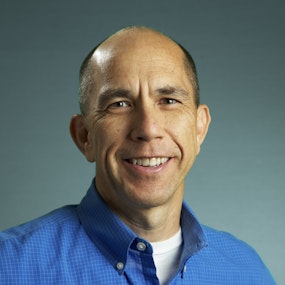In over 20 years of practicing, teaching, and coaching quality and continuous improvement, I've found that the reality of quality method deployment falls far short of the promise. The idea behind this podcast is to talk about the ideas related to quality and continuous improvement so that they can be sustainably cultivated in an organization.
Some of the most basic ideas are not clearly stated or expressed in most training or deployment initiatives. For example, what is meant by quality? It's a common word and everyone brings their own history, personality, and education to their understanding of its definition. You can imagine that a person who wants the best of the best could define quality differently than a person who is looking for a good value. And a person looking for lowest cost or price could define quality in yet another way.
In my quality and continuous improvement work, I have been surprised and disappointed by how frequently the tools and concepts are poorly taught and implemented by practitioners. While the basic ideas for most quality tools are pretty simple, in practice, you have to recognize the underlying assumptions and rigorously challenge the outcomes.
I believe that the principal reason the quality tools and concepts are poorly taught and implemented is that you can make significant short-term improvements even using poor practices. These short-term improvements generally last longer than the time it takes to pay the invoice on the purchase order.
A strong understanding and developed practice in quality tools and concepts is a superpower. This is part of the reason this podcast is called "Way of the Quality Warrior." The quality tools enable the practitioner to see things that others can't or don't. It's like having multispectral vision for your work.
I hope you'll join me on this journey. Please follow or subscribe and feel free to reach out.
Keith Fong

